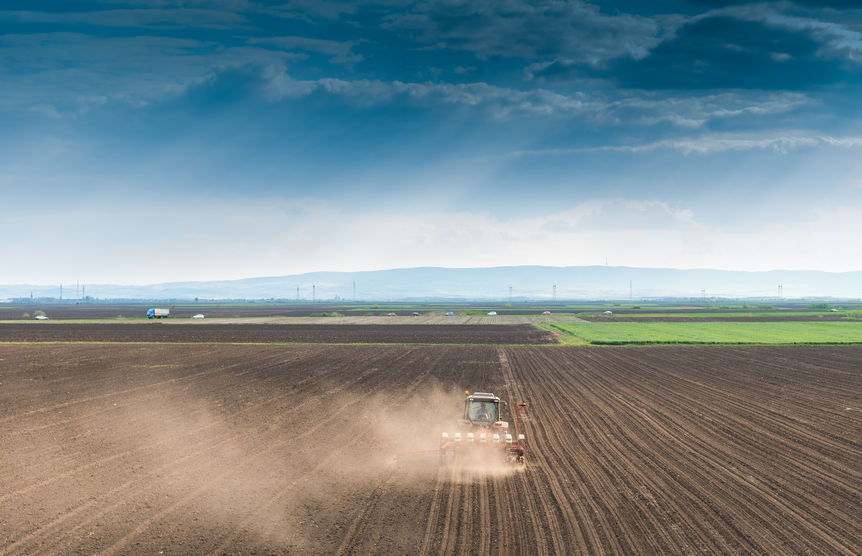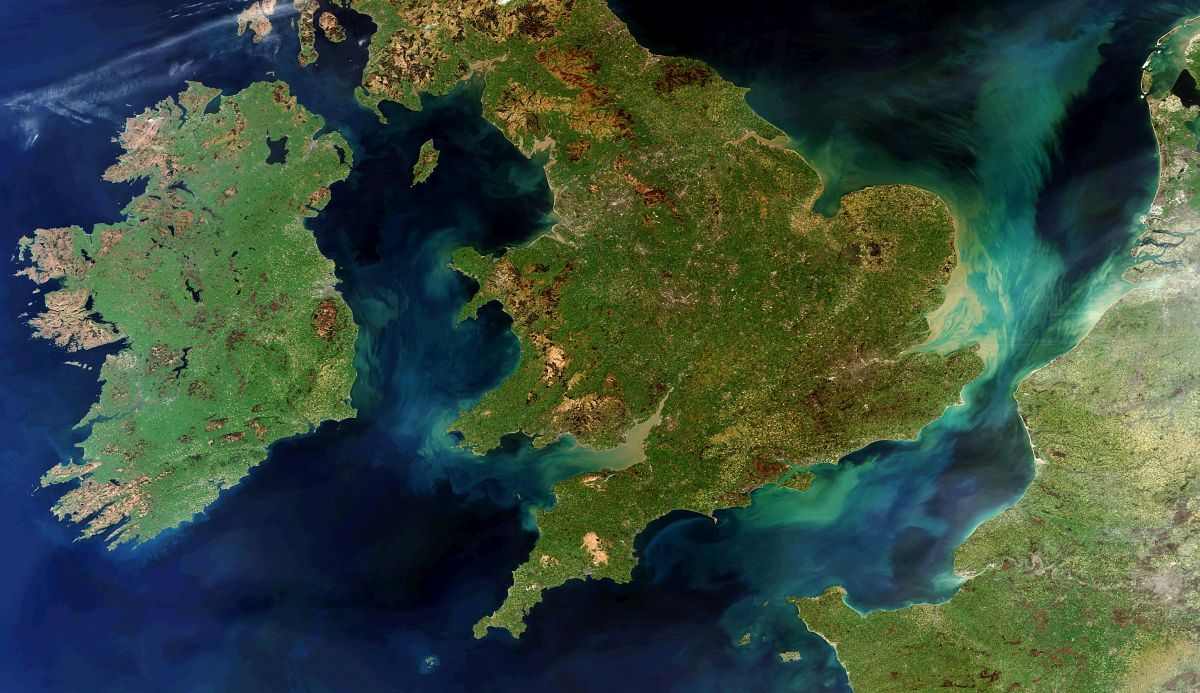
A report has highlighted how 'smart farming' and technological advances can be embraced in order to support the growing human population, new research has claimed.
Precision agriculture or smart farming makes use of GPS services, machine to machine (M2M) and Internet of Things (IoT) technologies, sensors and big data to optimise crop yields and reduce waste.
The report examines the roles of the many suppliers in the value chain, including technology providers and farm equipment suppliers, as well as the programmes and test beds that are influencing government policies.
It also offers detailed insights into the future of smart farming for strategic and technology planning relevant for mobile network operators, other connectivity providers, sensor manufacturers and software developers specialising in agricultural solutions.
'Essential farming tools'
Report co-author and chief research officer, Saverio Romero, said global production of food, feed and fibre will need to increase by 70 percent by 2050, to meet the demands of a growing population.

“This means that to optimize crop yields and reduce waste, the agriculture and farming industries will need to rely heavily on IoT and machine-to-machine (M2M) technologies moving forward. GPS services, sensors and big data will all become essential farming tools in the coming years and are clearly set to revolutionize agriculture,” he said.
“Precision agriculture can help reduce significant losses in farming, solve problems of data collection and monitoring, and reduce the impacts of climate change," concludes Romeo.
“In the long term, we have no choice but to invest in the use of precision agriculture and smart farming because of the urgency of the problems the world faces.”
A report by technological research company IDTechEx says that many agricultural robotic companies are graduating into the market and are in the process of transforming the value chain of agriculture.
The agricultural robotics will become a $12bn industry by 2027, the report says, further catapulting the use of robotics and technology in agriculture.
'Big data to optimise crop yields'
Precision agriculture or smart farming makes use of GPS services, M2M/IoT technologies, sensors and big data to optimise crop yields.
Decision support systems, backed up by data - including weather conditions and forecasts, machine status, crop information and animal health - can provide real time information at a level of granularity not previously possible.
The Beecham Research Report identifies some of the main activities where smart farming will have the most impact including: fleet management, arable farming, livestock monitoring, indoor farming, fish farming, forestry, storage and water monitoring.
But post-harvest, Beecham Research also sees sensor-based technologies and decision support systems playing another vital role in the post-farm gate supply chain.
Applications include the detection of food fraud, identifying and dealing with bacterial and other contamination, mitigating spoilage and food waste, and meeting the growing need for traceability from farm to the consumer.
